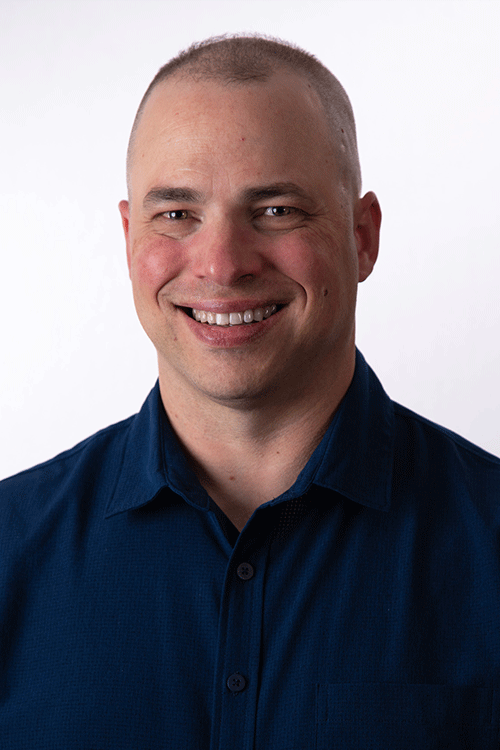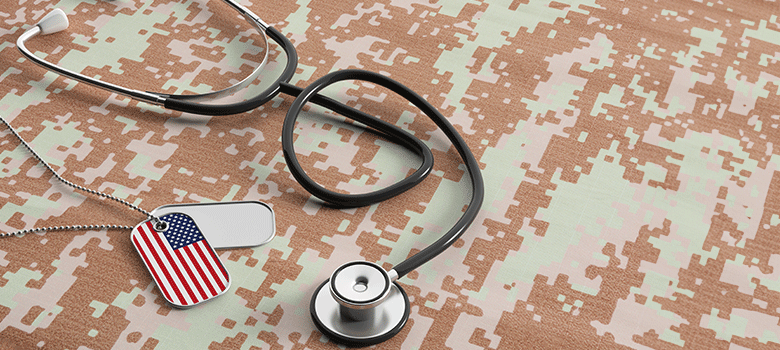Schwab and Manasvini's study answered several questions. First, how does the power differential affect patient care? Second, how are patient outcomes affected when physicians treat both high-power and low-power patients? about it. Finally, they studied how gender and race influence this dynamic.
 Stephen Schwab
Stephen Schwab
“We found that patients receive about 3.6 percent more resources if they have a higher ranking than their doctor,” said Schwab, a retired U.S. Army lieutenant colonel. “If doctors are allocating extra effort to higher-ranked patients, what happens to the other lower-ranked patients they're seeing? We observed that when higher-ranked patients are being seen by doctors, lower-ranked patients get less care, which negatively impacts their health.”
When they expanded their study to take into account racial and gender differences as well as class, the team found compelling results: Overall, higher-power individuals received more effort. White doctors exerted as much effort with high-power black patients as with low-power white patients, but black doctors only responded to the black patients' power. Female doctors were less responsive to the patient's gender for low-power patients, but increased their effort when treating high-power female patients. Surprisingly, all female patients received more effort from male doctors, and low-power female patients received roughly the same resources as high-power male patients.
“Doctors are human and suffer from the same biases as all humans,” Schwab says. “We believe power is a combination of many different characteristics, but in this study an individual's rank was the most important factor. In a civilian setting, other factors may be taken into account differently.”
Schwab, whose research interests include healthcare management, health economics, organizational theory, and labor economics, helps organizations develop policy, provide training, and address these issues to promote better care for all patients. He said that by raising awareness, such prejudices could be overcome.
Healthcare has long been a passion for Schwab. He began working as a paramedic while in college and later served in the core of the Army's medical services. Through the military he earned advanced degrees in economics and health care management and became chief financial officer at the Walter Reed Army Research Institute and Brooke Army Medical Center.
“Healthcare has a huge impact,” he said. “It can affect not only a person's mental health, but also their ability to participate in the workforce. Power relationships can create disparities within society, and we need to work hard to reduce those disparities. We are looking for a solution.”



